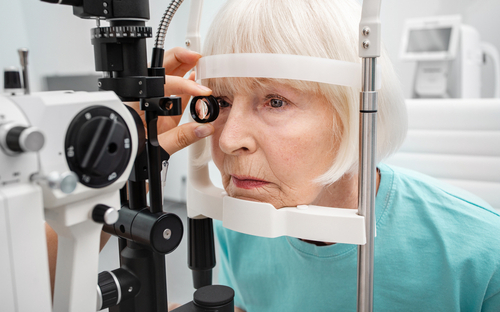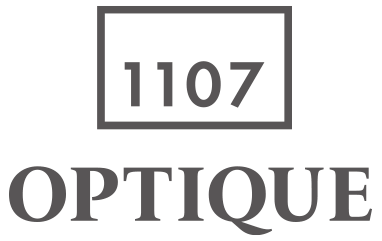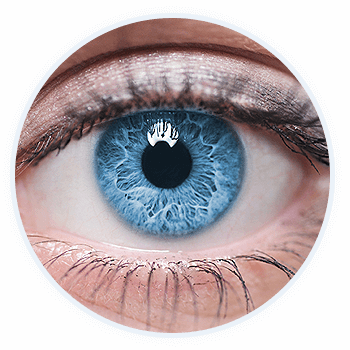
Approximately half of Americans with glaucoma don’t know they have it. That’s because glaucoma doesn’t show any signs when it begins to develop.
Often, it causes permanent damage to your eyes before you’re even aware you have it. Glaucoma typically goes unnoticed in the early stages.
That fact gives it the nickname the “silent thief of sight.” It also highlights the need for comprehensive eye exams each year.
Keep reading to learn more about Glaucoma and how it can get detected early.
What is Glaucoma?
Glaucoma is a group of eye diseases that damage the optic nerve. The nerve connects your brain and eyes, transmitting light in the form of nerve signals received by your retina.
As a result, your brain interprets the signals and forms the images you see. Damage to your optic nerve is irreversible.
If you don’t catch and treat glaucoma early, it leads to permanent vision loss. Common symptoms of glaucoma are:
- Eye pain
- Blurry vision
- Headaches
- Increased sensitivity to light
- Vision loss
Symptoms might come and go and often worsen with time. Most people won’t experience them until glaucoma has advanced and is very severe.
Unfortunately, there’s no cure for glaucoma. If you’ve suffered vision loss from glaucoma, there is no way to fix it.
Causes of Glaucoma
Glaucoma develops when the drainage angle in your eye gets pinched or blocked. This block in your eye’s drain leads to the build-up of eye fluid, raising your eye pressure.
Elevated intraocular pressure, or IOP, damages your optic nerve without timely treatment. It slowly presses on your optic nerve without causing symptoms.
Over time, your heightened IOP will eventually cause symptoms, optic nerve damage, and likely vision loss. This slow build-up of IOP, without any noticeable symptoms, is what makes glaucoma even more dangerous.
What are the Risk Factors of Glaucoma?
Some of the factors that make you more likely to develop glaucoma include:
- Being 40 or older
- Family history of glaucoma
- Long-term use of steroid medications
- Thin corneas
- Asian, African, or Hispanic heritage
- Past eye injury
- Conditions like high blood pressure and diabetes
A simple way to slow down the development of glaucoma, especially if you are at risk, is to lead a healthy life. Proper diet and lifestyle habits can help keep your eyes healthier.
How Does Glaucoma Get Diagnosed?
The only reliable way to know if you have Glaucoma is to be diagnosed by your eye doctor.
During your eye exam, your eye doctor will examine the drainage angle in your eye. They check to ensure it has the proper shape and that fluid is flowing through it.
They will also measure your IOP to check for elevated eye pressure. If your IOP is elevated, they will measure your corneal thickness. The appearance of your optic nerve will also be looked at and your peripheral vision will be tested.
These tests are repeated at every one of your eye exams to ensure glaucoma is not developing. Any abnormalities in these examinations could indicate glaucoma. If you have glaucoma, you need to see your eye doctor regularly so they can continue tracking its progression.
Routine eye exams are vital. The earlier glaucoma gets diagnosed, the earlier treatment can begin. This treatment could preserve your eyesight. It can slow the development of glaucoma and even prevent permanent damage to your sight. Although glaucoma is a lifelong condition, you can manage it with treatment.
Are you concerned about glaucoma? Schedule an eye exam at VisionPoint Eye Center in Bloomington, IL, to have your eyes thoroughly checked!









